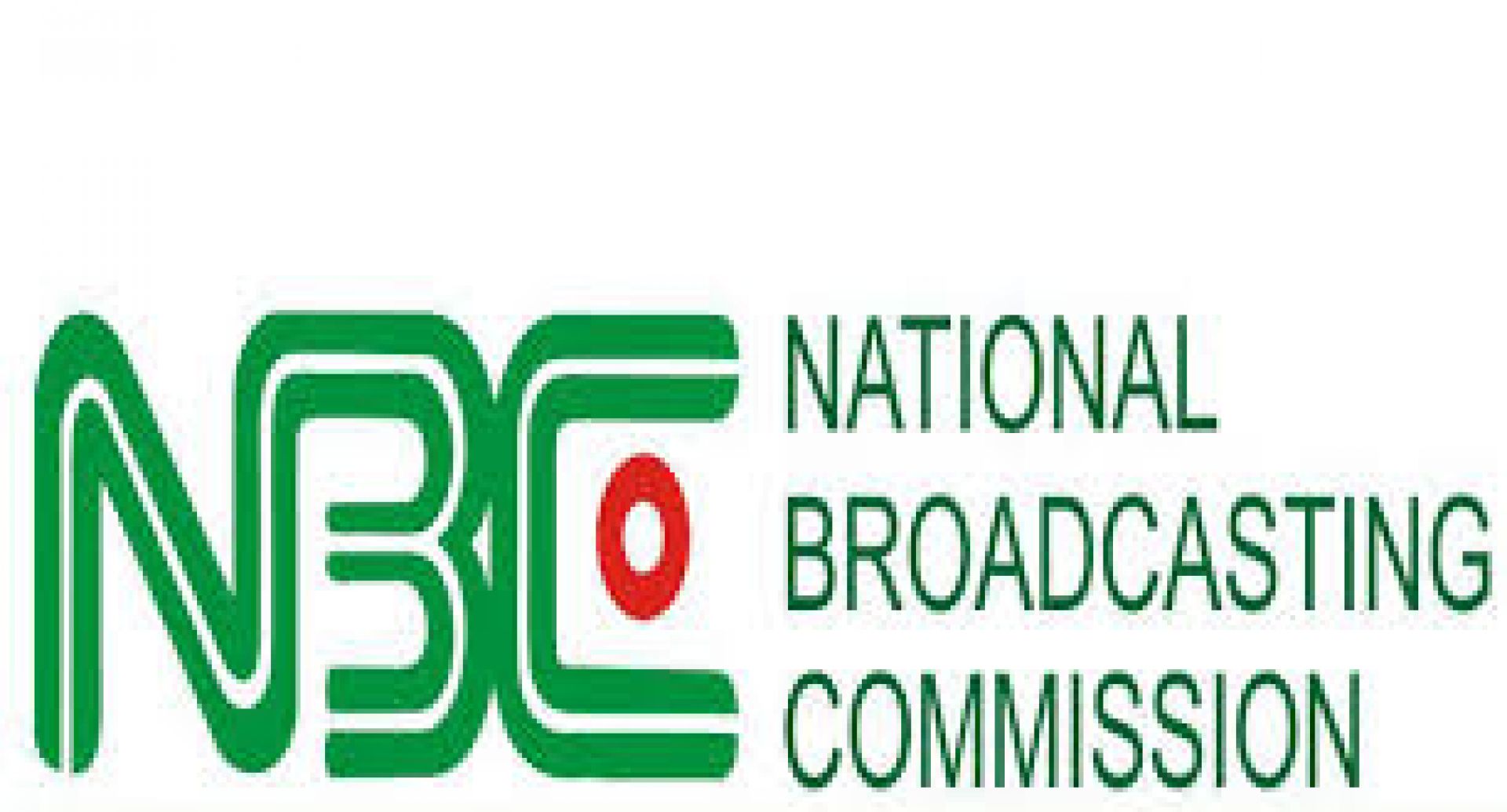The controversy over the amendment of the sixth edition of the Nigerian Broadcasting Code raged at the weekend as the board of the National Broadcasting Commission insisted the code be reviewed.
The board had penultimate Friday placed advertisements in some national newspapers calling on aggrieved stakeholders in the broadcasting and entertainment industries to submit position papers on the amended code.
- Reps probe NBC over non-implementation of pay-per-view service
- Subscribers give FG, NBC ultimatum on Multichoice tariffs
But the NBC, in another advert signed by its acting Director-General, last Monday, had asked Nigerians to disregard the earlier one put out by the board.
However, the NBC board chairman, Ikra Aliyu Bilbis, told journalists in Abuja that it was wrong for the NBC’s top management staff to say the advert placed by the board had no official endorsement of the commission.
Bilbis, who alleged that some ministry officials were setting the NBC’s top management staff against the commission’s board, said protocols were being breached by the officials in their oversight of the broadcast regulatory agency.
He said as much the board agreed that Section 6 of the NBC Act conferred on the minister the power to give directives of a general character to the commission, the Act “however does not infer that the honourable minister can substitute the board by usurping the functions of the same board.”
He said there had never been a time in the history, tradition and conventions of the NBC when a presidential approval was needed for a review of the broadcasting code.
He wondered why top management of NBC would choose not to listen to stakeholders who were shut out during the amendment.
Reacting, acting NBC Director-General Mr Amstrong Idachaba told Daily Trust that the commission “carried all the stakeholders along during the amendment’’.
Idachaba alleged that a stakeholder, who is a foreign company, was behind the campaign against the amended code.
He said the company was kicking against the code because it erroneously believed that it would weaken its monopoly and brought Nigerian companies up to the same level as it.
“This is not so. Rather it would even give them more reach and more money”, he said.

 Join Daily Trust WhatsApp Community For Quick Access To News and Happenings Around You.
Join Daily Trust WhatsApp Community For Quick Access To News and Happenings Around You.


